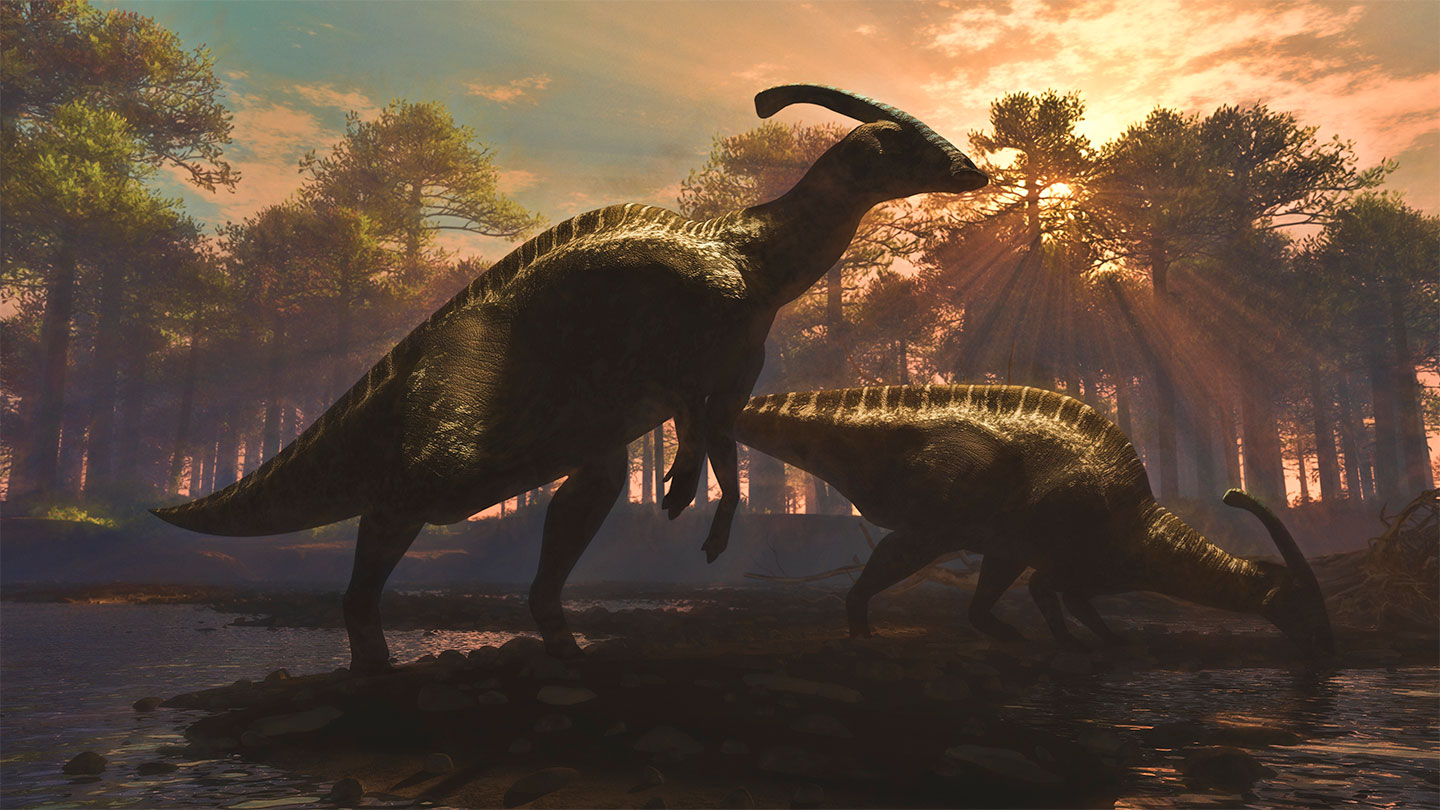Scientists have long debated whether the extinction of the dinosaurs 66 million years ago was caused by an asteroid strike or massive volcanic eruptions. This event marked the end of the Cretaceous Period and resulted in the extinction of approximately three-quarters of all life on Earth, including nonbird dinosaurs.
According to a recent study published in Science on September 29, a computational effort suggests that the extinction event was solely caused by massive bursts of gas produced by the Deccan Traps eruptions. These eruptions, which lasted for about a million years, released large amounts of gas-ridden lava in what is now western India.
The goal of the study was to minimize human input and bias by approaching the issue without blaming either the volcanoes or the asteroids. Instead, the researchers aimed to work backward using evidence from the crime scene. Cores drilled into deep-ocean sediments contain geologic data that point to deadly bursts of gas, including carbon dioxide and sulfur dioxide, which contribute to global warming and ocean acidification.
2023-09-28 13:00:00
Link from www.sciencenews.org




















